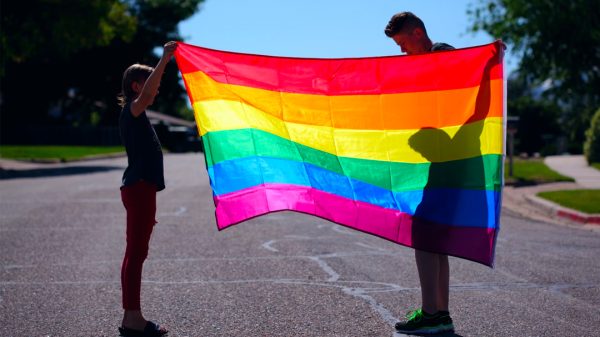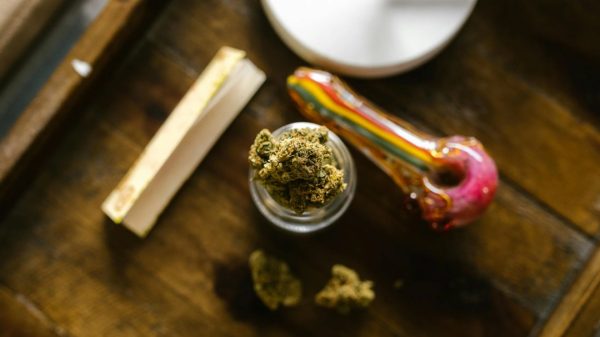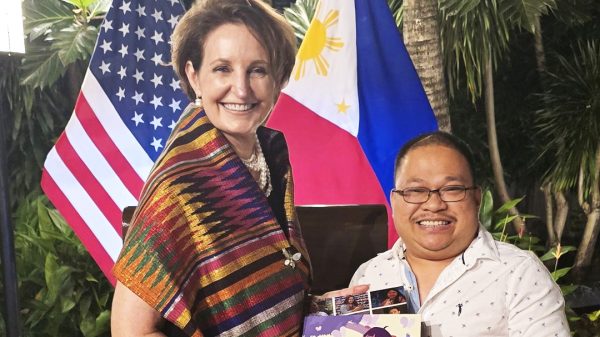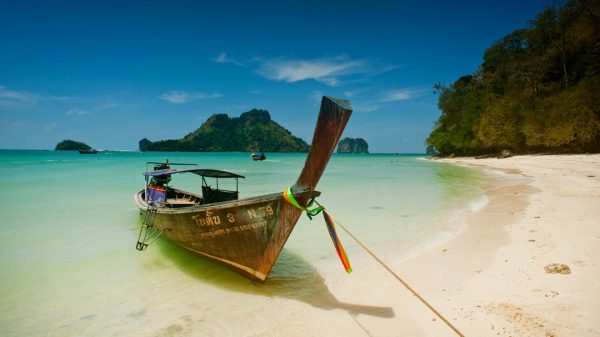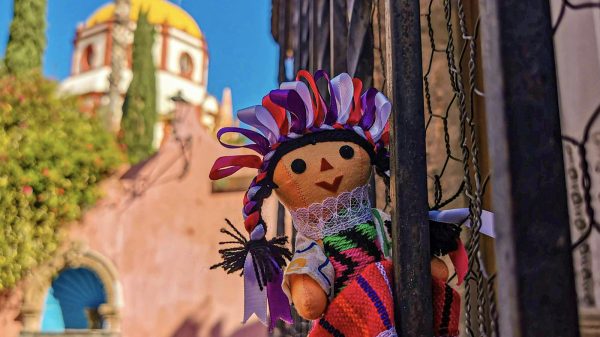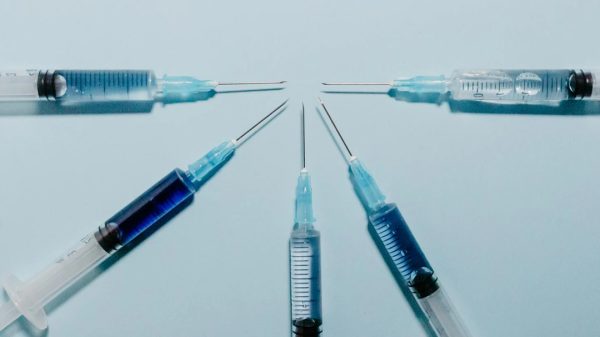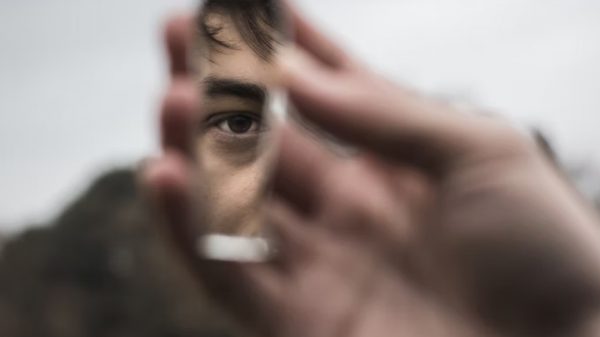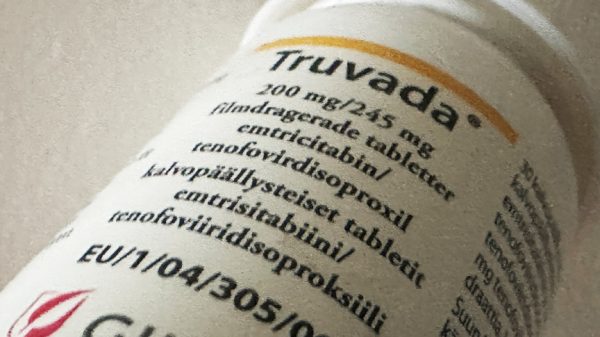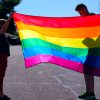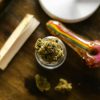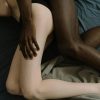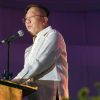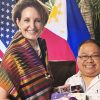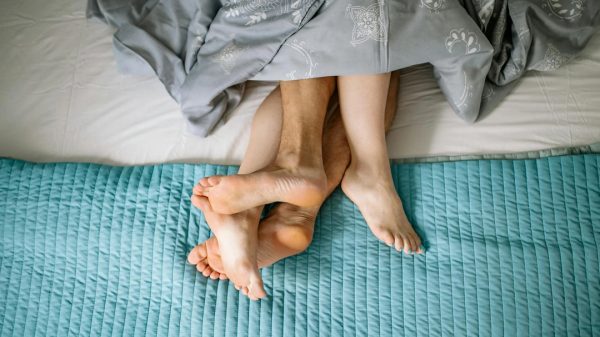This is part of #KaraniwangLGBTQIA, which Outrage Magazine officially launched on July 26, 2015 to offer vignettes of LGBT people/living, particularly in the Philippines, to give so-called “everyday people” – in this case, the common LGBTQIA people – that chance to share their stories.
As Outrage Magazine editor Michael David C. Tan says: “All our stories are valid – not just the stories of the ‘big shots’. And it’s high time we start telling all our stories.”
Emily, 23 years old from Cebu City, was 19 years old when she started doing sex work.
“I have friends who did that,” she said, and so “murag na-influence ra ko nila (they just influenced me). And then… ila sad ko i-push nga i-try (they also pushed me to try), so I did try.”
As a freelance sex worker, Emily’s sexual activities were limited to oral sex since “I was a virgin then”, and only when she was not doing anything else (like when not joining transgender beauty pageants, or working as a make-up artist).
But then she had an opportunity to travel overseas, which was where she started doing sex work full time. “Adto na ko nagsugod like professionally done. Thailand, Nepal, Cambodia, Georgia, ing-ana (That’s where I started to do this professionally. In Thailand, Nepal, Cambodia, Georgia, those places).”
Emily’s exposure opened her eyes, too, on the neglect of providing health-related services for sex workers in the Philippines. Because overseas, “they focus on the prevention side of HIV and AIDS. So they taught us… kanang pag-PrEP (how to use PrEP).” In her experiences, “you come in contact with organizations focused on looking after you.”
LOOKING BACK
Emily is a late-bloomer, so to speak. “Nabal-a nako na trans ko when I was 18 years old. I felt like this was not me. So I tried to explore. And then I found out that I’m happy kung trans ko (I knew I’m trans when I was 18 uears old. I felt like this was not me. So I tried to explore. And then I found out that I’m happy every time I expressed myself as trans).”
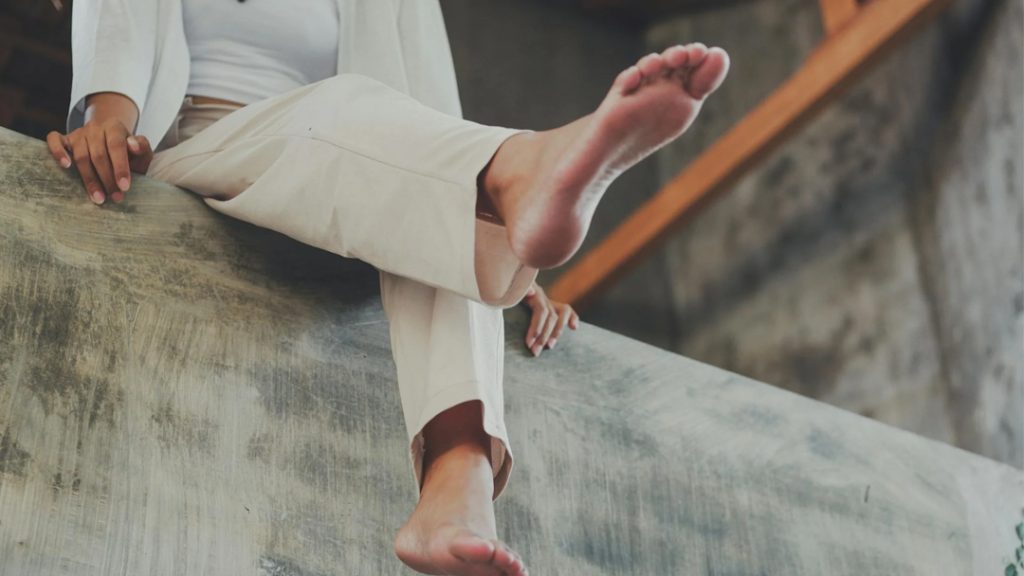
The youngest of 12 kids, Emily’s parents were initially “hesitant”. But then “they eventually accepted me. Dugay na pud ni nga gidawat ko nila (It’s been many years now since they accepted me).”
STAYING SAFE
As a sex worker, Emily is worried about HIV.
“I know of someone who died from HIV,” she recalled. “Alarming lang siya, so mas eager na ta magkuha ug PrEP. Knowing nga you have some people around you nga naa na diay sila ana, and then all of a sudden they die. So kung alarming lang, kuha na gud siya (It’s alarming, so it forces you to get PrEP. Knowing that there are people around you who have HIV, and then all of a sudden, they just die. Since it’s alarming, you just get PrEP).”
Learned from her elders is self-checking of clients. “Sometimes you have to check baya the other person kay some clients would not tell you that they have this disease or what, so naay times nga, like, you have to smell the cock, or when you look at the cock and if it’s not very presentable in a way, it’s no-no already.”
Nowadays, though, that’s not her only fear.
“Kay naa man say some sex workers nga, for example, sex, and then after the job kay kulatahon (There are some sex workers who, after sex, were beaten by clients).”

MOVING ON
Emily isn’t a “regular” sex worker these days, thanks to her new boyfriend. They decided for her to try to look at other ways to make a living.
But that Emily has not left the sex industry completely is “recognition that I make a living off this, too,” she said. And so like many of her peers, “mag-on and off lagi ka diri (you become a part of this now and then). No need to say no when it allows you to live comfortably enough anyway.”

